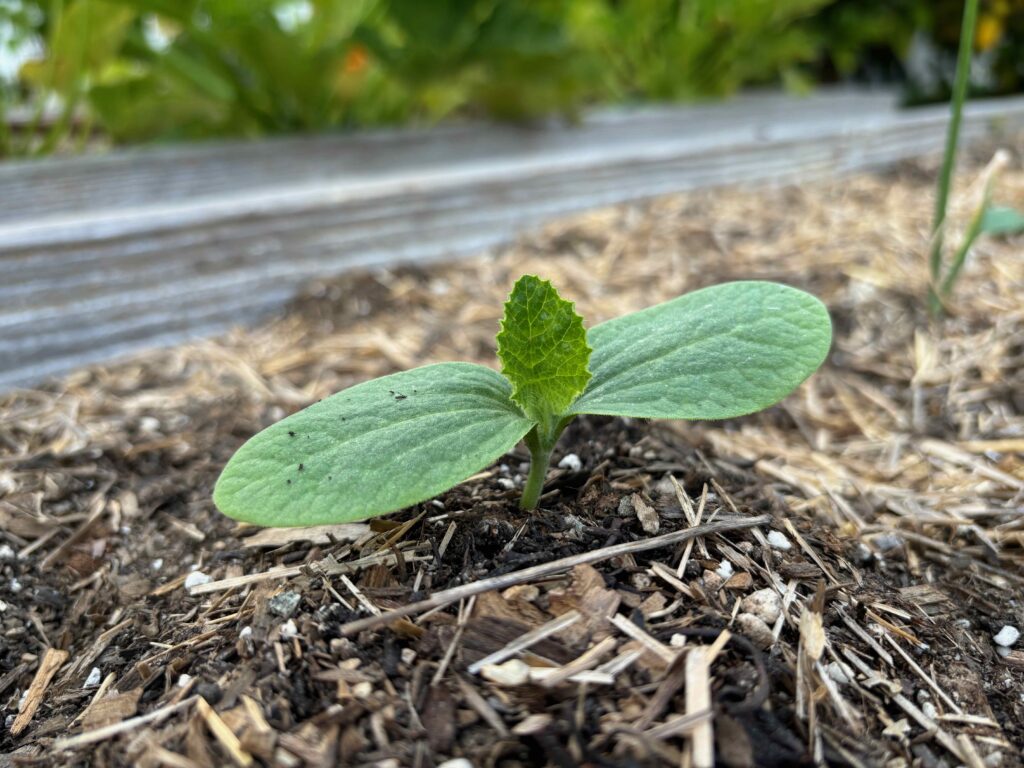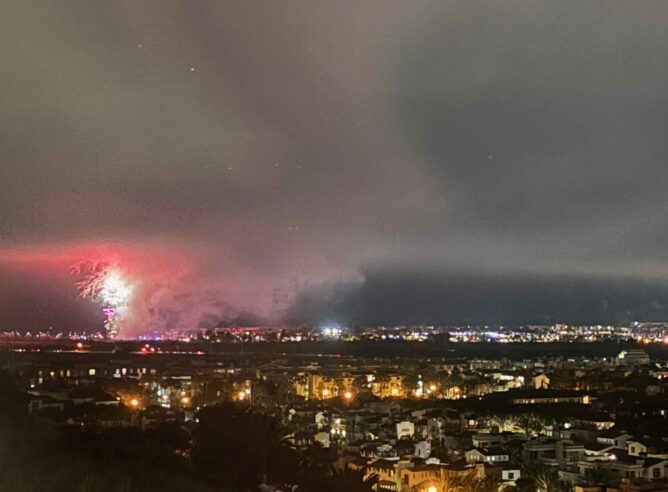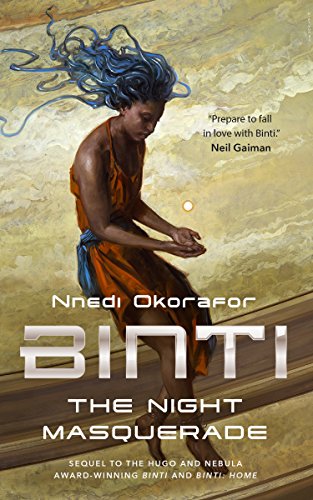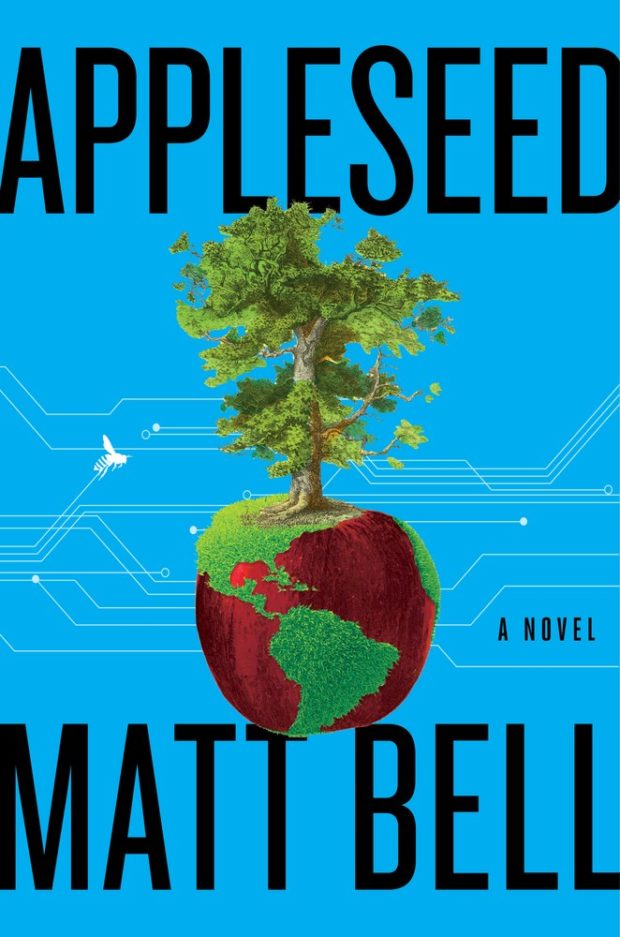O for a muse of fire that would ascend the brightest heaven of invention.
Henry V, William Shakespeare (1599)
This year, I pledged myself to reading and watching the entire works of Shakespeare. Since January, I’ve been working through his opus in roughly chronological order of production as well as watching recorded performances by the Royal Shakespeare Company. I am just about halfway through, having read the following:
- 1-3 Henry VI
- Richard III
- Venus and Adonis
- The Comedy of Errors
- Edward III
- Sonnets
- Rape of Lucrece
- Titus Andronicus
- Taming of the Shrew
- Two Gentlemen of Verona
- Love’s Labour’s Lost
- King John
- Richard II
- Romeo and Juliet
- A Midsummer Night’s Dream
- The Merchant of Venice
- 1-2 Henry IV
- Merry Wives of Windsor
- Much Ado About Nothing
- Henry V
A few thoughts on the process thus far. Not surprisingly, the more that I read, the easier it gets. I’m picking up the vocabulary (sack, to jar), the cadence and form, and most importantly of all, the style. The more I read, the deeper my enjoyment. As an English major in college, Shakespeare was required (I’m currently reading from the Riverside 2nd edition which I bought as an undergrad) but I did not enjoy it at the time. Perhaps because I didn’t understand it or didn’t grasp the genius of it. Or because I was rushing a fraternity and hadn’t slept in three days. Either way, its beauty was wasted on my youth, but I’m trying to make up for that now.
What I’m reading


Garden update

This summer, I’m attempting to grow pumpkins for the first time. If the quickness with which these sprouts emerged is any indication, I will have quite a lot of vines on my hands.
Links to the past
- 1 year ago: “I would love to see a separate award for excellent marketing, communications, and strategic outreach (and/or programming) for higher ed libraries. The needs of our communities and the best practices for reaching them differ just enough from our colleagues in public libraries to merit our own arena.”
- 5 years ago: I was taking some time off the grid, off email, and off projects to reflect, reconsider, and reconnect.
- 10 years ago: I was moving content to this here site!
Overheard online
I feel like a perfume called The Conservator would just be lanolin (for knitwear) and a whiff of an unknown but clearly toxic solvent.
@curatedjenny on Mastodon
banner photo: Marina del Rey fireworks seen from the Westchester bluff






 Made brownies
Made brownies Read a poetry book
Read a poetry book Cleaned out a cabinet
Cleaned out a cabinet Pulled out old plants
Pulled out old plants Fed all my fruit trees
Fed all my fruit trees Bought a new couch
Bought a new couch Watched John Wick 4
Watched John Wick 4 Read A Comedy of Errors
Read A Comedy of Errors

